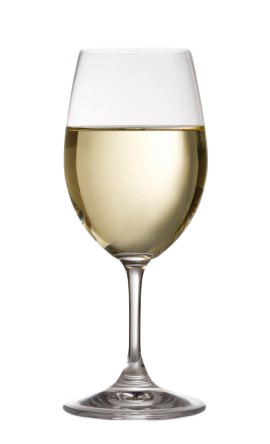Alcohol related violence could be cut by limiting the number of
licenses issued to bars and pubs, according to Sir Bernard Hogan-Howe, Britain’s most senior
police officer.
80 per cent of the arrests in the
evening are drink-related and Sir Hogan-Howe said more had to be done to control the
supply of alcohol.
“We need to make sure there is good
control of the supply of alcohol,” the Commissioner of the Metropolitan
Police said in a speech to the Royal Society of Arts in London on the
future of policing.
He added: “This means licence
numbers, density and licensee regulation being a priority for local
authorities, however much they would like to develop their local
economies.”
While he understood that local authorities were keen to
develop their economies with more licensed premises, he said it was
important they considered the wider implications of having too many pubs
in one area.
“We know that many injuries occur inside or
outside licensed premises, and if we can close down repeat offenders,
we will. The system needs reform and we need to police it better,” he
added.










